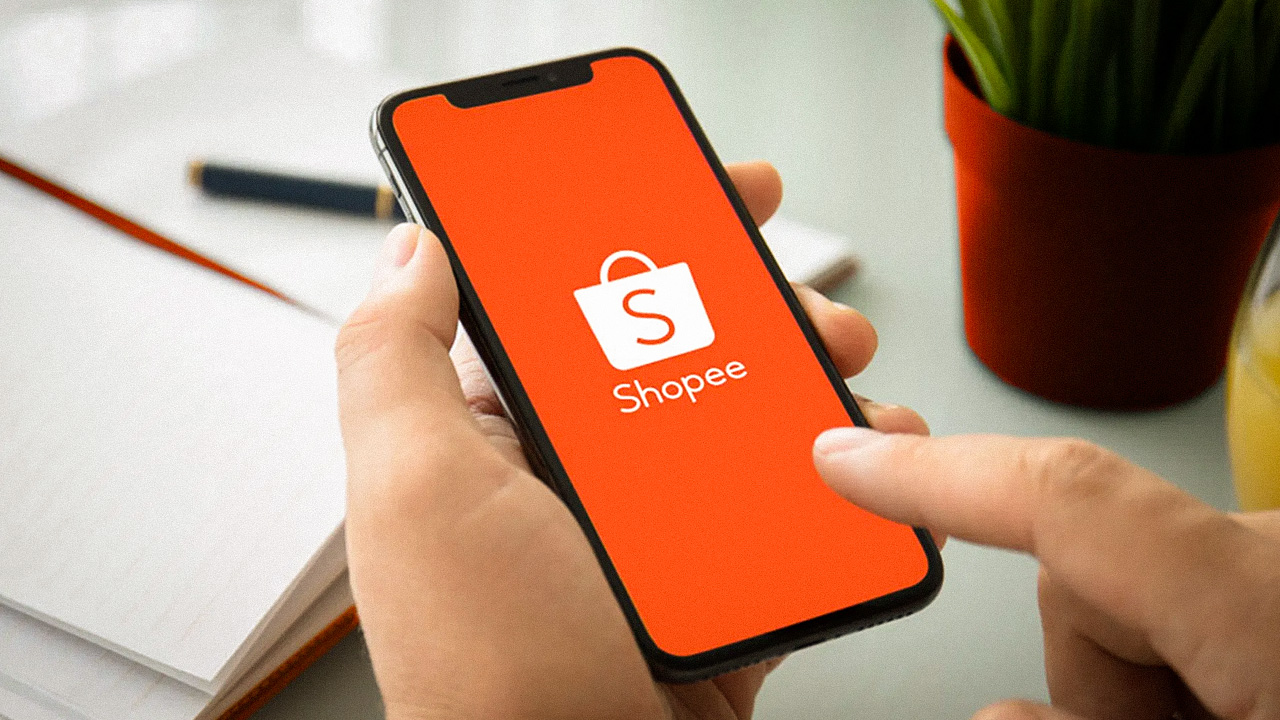RIO DE JANEIRO, BRAZIL – According to a notice published in the government’s official gazette (DOU), Singaporean shopping app Shopee, owned by conglomerate Sea Ltd, received authorization from Brazil’s Central Bank on April 2 to operate as a payment institution.
Under the name SHPP Brasil Instituição de Pago e Serviços de Pago Ltda, controlled by SHPP Brasil Participações Ltda, it will be able to “manage prepaid payment accounts, in which funds must be previously deposited,” the official gazette said.
Shopee has become one of Brazil’s most downloaded e-commerce applications, attracting users from other local companies to its low-cost e-commerce, despite landing in those markets well after leading players such as Amazon, Mercado Libre, or Ali Express.

Part of the firm’s success is also linked to the possibility of accessing popular games such as Free Fire, thanks to the fact that it is part of the same holding company.
The path traced by Shopee is quite similar to what the leading Latin e-commerce firm Mercado Libre has with its financial products, such as Mercado Pago, or what the Colombian app Rappi has done, which started in the food delivery business and today is promoted as a super app, providing payments, loans, online games, access to music concerts and even tour packages. The inspiration is precisely this multiplatform role developed by Asian e-commerces, which has been boosted in a pandemic.
RAPID GROWTH BUT ALSO SETBACKS
For three years now, the firm began a process of expansion outside Asia, where it originated in 2015.
In its most recent earnings report, the company highlighted that Shopee Brazil continued to rank first in the ‘Purchases by downloads’ and ‘Total time spent on the app’ categories and second for ‘Average monthly active users’ for the fourth quarter and the full year 2021, according to data from the consulting firm data.ai
In the fourth quarter of last year, Shopee Brazil recorded more than 140 million gross orders, up nearly 400% year-on-year, and more than US$70 million in GAAP (unaudited) revenue, an increase of around 326% year-on-year. Meanwhile, its order-adjusted EBITDA loss before allocation of headquarters common expenses improved by more than 40% year-on-year to less than US$2.
“We are very excited to see Shopee rapidly gaining ground in Brazil, the sixth-largest country by population globally, and our new growth market,” highlighted the firm’s Sea statement in late February.
Despite that success, the case of Shopee and its exit from India is a concrete example of what could happen with the e-commerce arm of the conglomerate SEA Limited.
In late March, the firm announced its withdrawal from the Indian retail market months after starting operations there.
It was the second stumble in the company’s international expansion, which also announced its withdrawal from France this year.
It all started when the government banned the popular gaming app “Free Fire” in India. Following that ban, the market value of New York-listed Sea dropped US$16 billion in a single day, prompting some investors to reduce their stakes in the Singapore-based company.
As it was, Shopee said that its withdrawal from India was “in light of global market uncertainties” and that the company would make “the process as smooth as possible.”
However, a source with direct knowledge of the company’s thinking said Shopee’s decision to exit India was partly prompted by tighter regulatory scrutiny that banned Sea’s gaming app, Free Fire, as part of a crackdown on companies allegedly sending data to servers in China.
A few weeks ago, AméricaEconomía detailed that Shopee was one of the international e-commerce firms being questioned in Brazil because traditional retailers and merchants often allege that foreign companies circumvent local regulations and offer deep discounts that hurt their business.
An association of local businessmen asked the Bolsonaro government in March for a series of measures to end this perceived unfair competition.
Among the points requested were that import taxes should be paid when consumers pay for their goods through Brazilian financial institutions and that cross-border e-commerce companies should be taxed at the same rate as local Brazilian companies.

